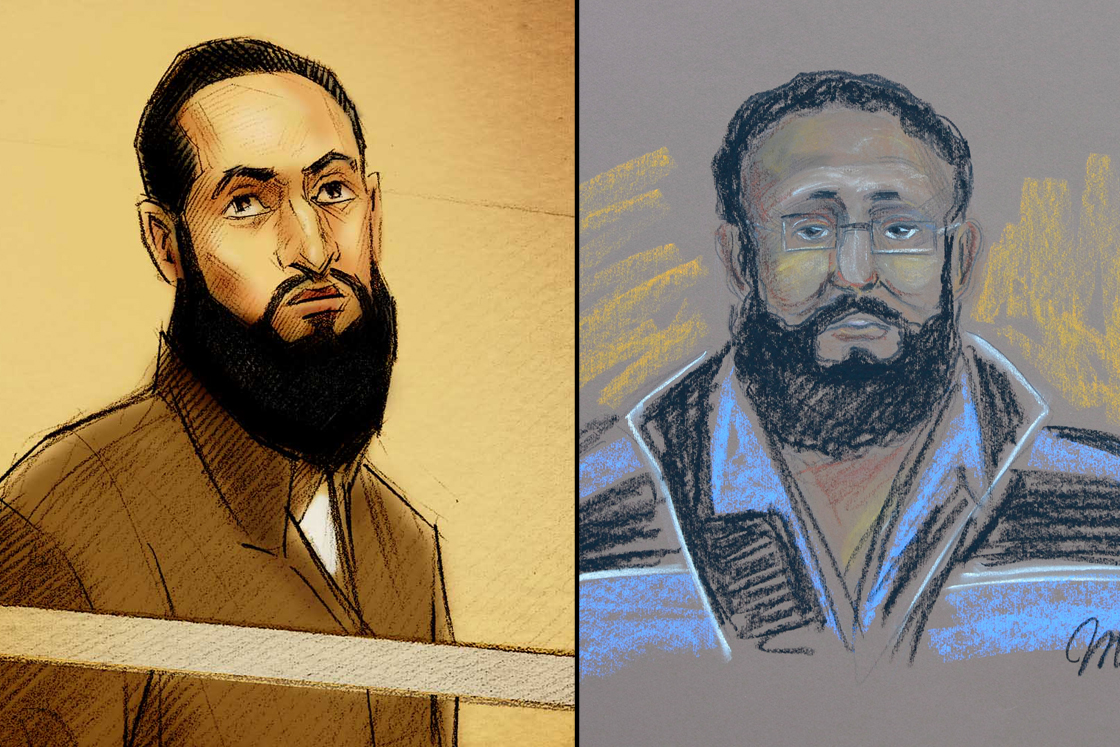Hundreds of pages of warrants investigating VIA terror suspects were released Friday – but much of their contents remain under publication ban.

Raed Jaser and Chiheb Esseghaier were arrested last spring, accused of plotting to attack a train.
In depth: The train terror plot
The newly released documents indicate officers investigating Jaser and Esseghaier worked with an undercover FBI agent who was in communication with the suspects.
The two were under close police surveillance for months, the documents indicate, as officers tried to become familiar enough with their schedules to covertly search their homes unnoticed.
And, in addition to combing for mobile contacts and call logs; cameras and flash drives; paper and digital documentation of train schedules, routes and derailment plans, they were also looking for firearm documents and information relating to Jaser’s “plan to open a restaurant.”
Investigators also sought the suspects’ web browsing activity, online correspondence and any deleted or encrypted files on their hard drives.
“Esseghaier uses the internet extensively on a daily basis for communicating with others, researching religious information or other subjects of interest and to identify woman to marry,” information to obtain a general warrant reads. “I am aware that computers maintain a cache or history of web activity and that data can be saved to computers for a variety of reasons. As a result, I believe the imaging of the computer hard drive will provide information related to the alleged offences.”
Investigators also appear to have believed the two were still making plans.
“Esseghaier continues to plan terrorist acts,” read notes from Nov. 10, 2012, adding later, “Jaser’s plans continue to evolve. Because of this, I believe that there will be changing versions of these papers, documents, maps and real estate listings as his plans progress.”
The information to obtain warrants also contains backup plans in case things go awry.
“To be clear, it is not the intent of investigators to stage a break and enter or to cause any damage to the premises, however, if damage inadvertently occurs, or if an unforseen event occurs that may compromise the integrity of the investigation, investigators seek the authority to mask their actions by making it look like there was a break and enter,” the documents read. “The intent is that this ruse would prevent Esseghaier and Jaser or any other person from being alerted to the police investigation while it is ongoing.”
The documents – a general warrant, production warrant and multiple search warrants – provide a valuable window into the investigation, says lawyer Peter Jacobsen, who’s representing media organizations including Global News fighting for access.
“We asked for two things: We asked for access and the right to publish,” he said. “The reason the former is important is it allows reporters to follow up. It’s much better than nothing. And it does give some degree of oversight.”
Jacobsen said he’s waiting for instructions regarding whether to ask the judge to overturn the publication ban and make at least some of the now-redacted information public.


Comments